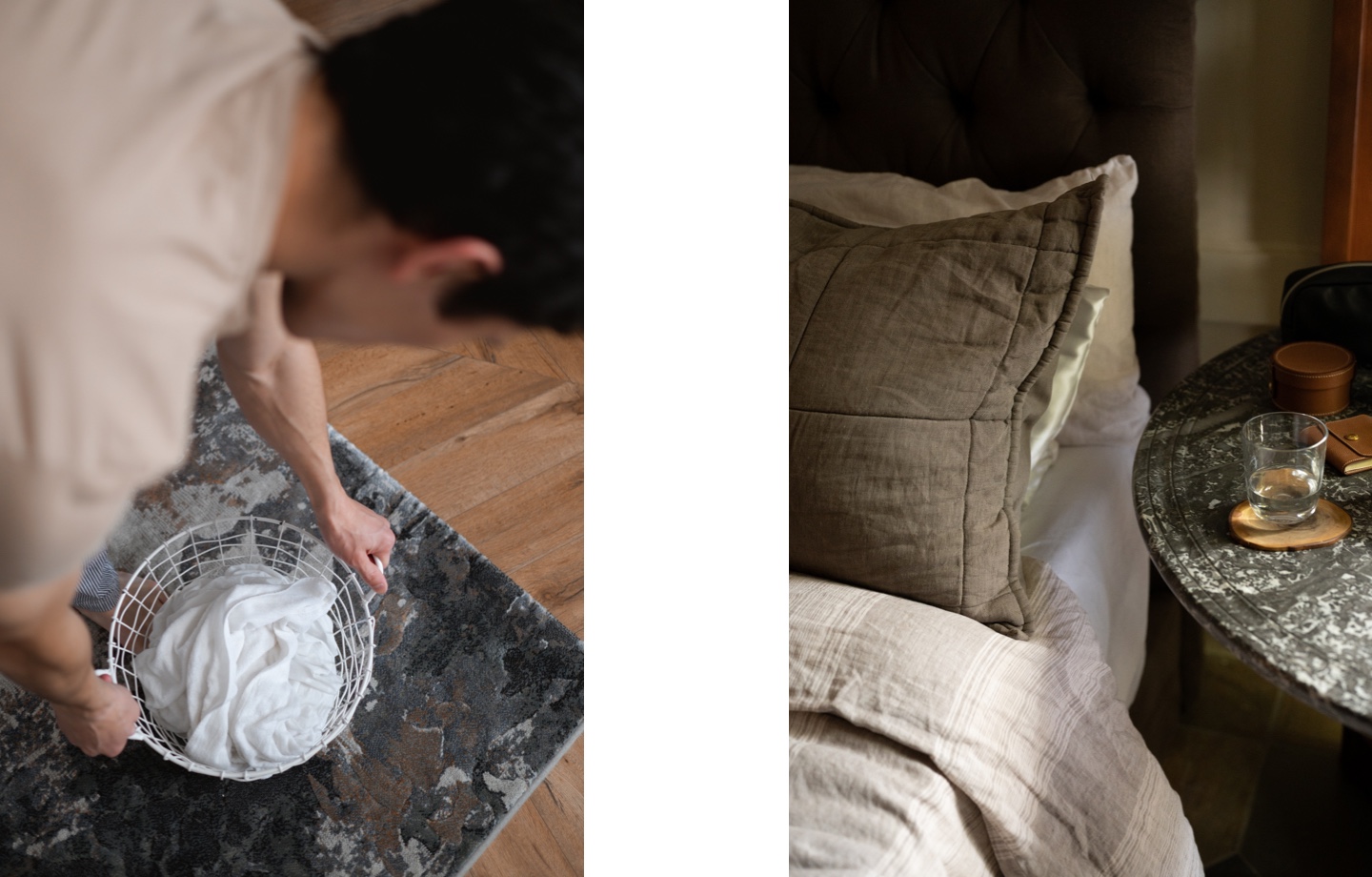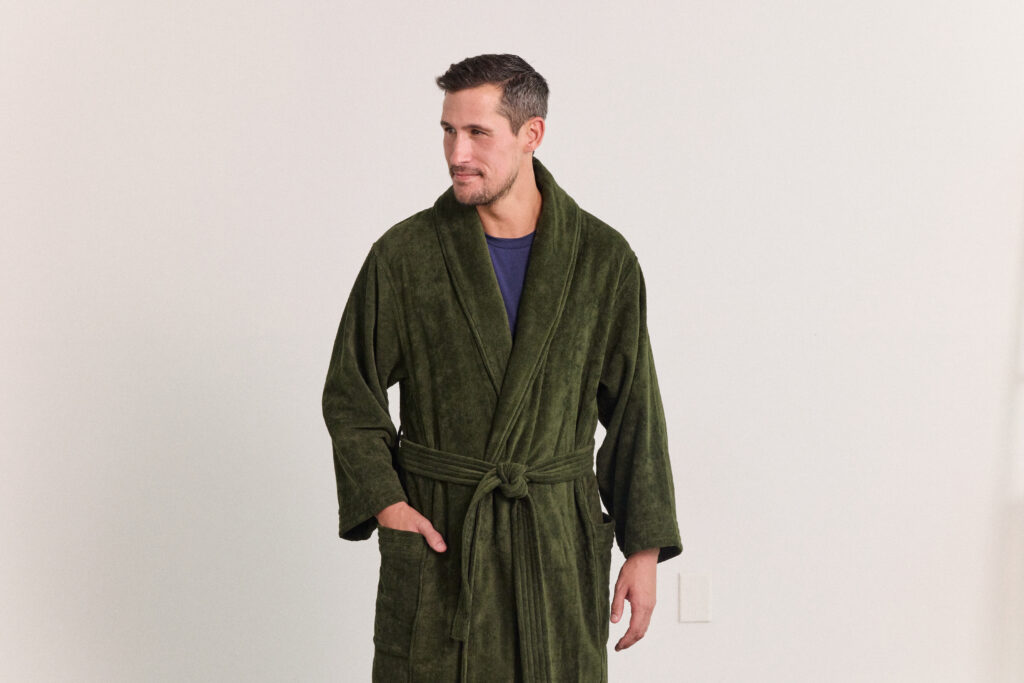Trillions of tiny plastic particles from synthetic fibers are in our oceans. The key to reducing those numbers? Natural, organic textiles.
At Avocado, it’s no secret that organic materials are at the heart of everything we make — from our bedding and bath towels to our robes and pajamas — all of it is totally natural. We made that decision because sustainable, environmentally friendly fabrics are better for you and the planet. What that actually means is we’re taking the critical steps required to curb the number of microplastics in our environment.
Microplastics are small fragments of plastic particles measuring 5 millimeters in length or smaller. And they come from a variety of sources. They can result from larger pieces of plastic — like plastic bags and water bottles — that break down due to exposure to the sun or ocean currents, from microbeads in face and body scrubs, and from washing clothes and other fabrics made with synthetic microfibers.
The United Nations estimates there are 500 times more microplastics in our oceans than stars in our galaxy, and by 2030, they are expected to be one of the major causes of ocean acidification and global climate change threats. A recent study also found that microplastics can travel long distances in the wind, polluting remote areas of the world not exposed to modern human life.
Read more: Why You Should Care About Ocean Warming and Acidification
Synthetic fabrics (think nylon, acrylic, and polyester) are the largest contributors to microplastics in our oceans — accounting for 35 percent of overall volume. They also make up 60 percent of textiles used in our clothes. The problem is, when you clean your clothes, towels, bedding, or other materials made from synthetic fabrics in the washer and dryer, they shed tiny pieces of plastic that end up in our waterways and oceans. Shedding also occurs during the manufacturing process when textiles are put through machinery, which is harmful to the workers handling those fabrics.

Once in the oceans, microplastics absorb toxins and bacteria, becoming an even bigger pollutant, and causing detrimental harm to the plants and animals that consume them. That includes us, too. According to a 2019 study published in the journal of Environmental Science & Technology, Americans consume approximately tens of thousands of microplastic particles per year.
That’s why our dedication to use natural and certified organic materials in our products is so important. Natural materials are biodegradable, so you don’t have to worry about harming the environment when you wash and dry your clothes. But it’s not up to just us. The broader industry needs to invest more heavily in organic, natural textiles like wool, alpaca, cotton, bamboo, Tencel, and silk, if we’re going to be able to drastically reduce the number of microplastics in our water, in our air — and in our bodies.
Read more: What Are Biodegradable Products?
Consumers also have a major part to play. You can reduce the number of microplastics you emit by buying clothing, towels, and bedding from companies that only use only natural materials and Global Organic Textiles (GOTS) certified cotton. For synthetic fabrics you already own, invest in the Cora Ball or GUPPYFRIEND washing bag, both of which collect microplastic fiber sheds during washing — then skip the dryer and hang dry everything. Front-load washers have also been shown to produce fewer microplastics during washing.
We can’t promise the road to a healthier planet is going to be easy. But if we work together, we can vastly diminish the number of microplastics in our ecosystems and incite radical change for a better future.
Read more: Why We Love Alpacas
Have feedback on our story? Email [email protected] to tell us what you think!

Shop Pillows
The Essential Organic Pillow Collection
Gentle, breathable, non-toxic support.






